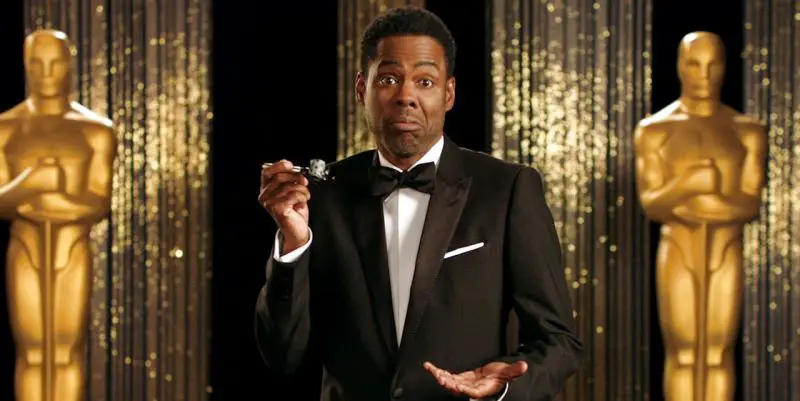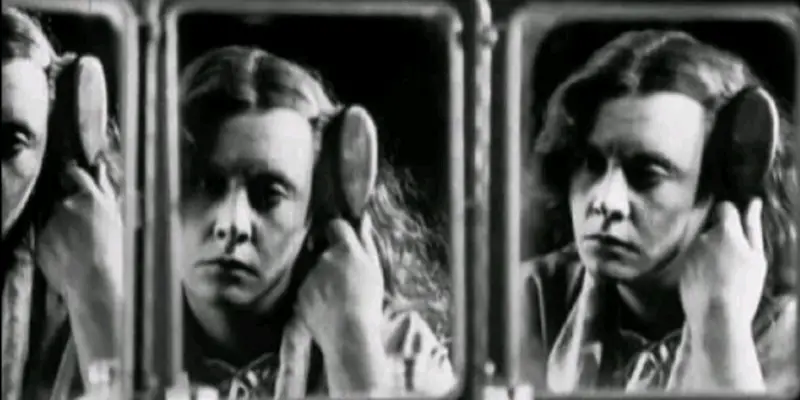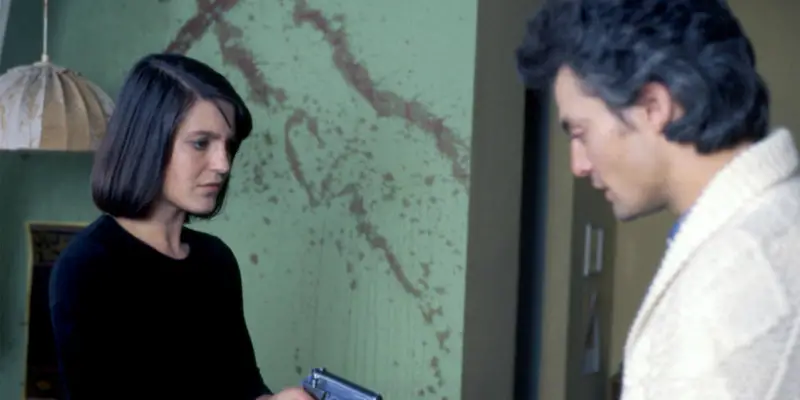women directors

Modern creatives have taken many liberties with the subject of vampire/werewolf lore. Films such as Blade and the Underworld series’ brought slick, Hong Kong-style hyper-violence wrapped in a trench coat, whereas Twilight added teenage brooding and sickly bubble gum romance, which many purists would rather see vanish into a sparkly haze. Emma Darks’ latest short Seize The Night fits categorically into the first grouping.
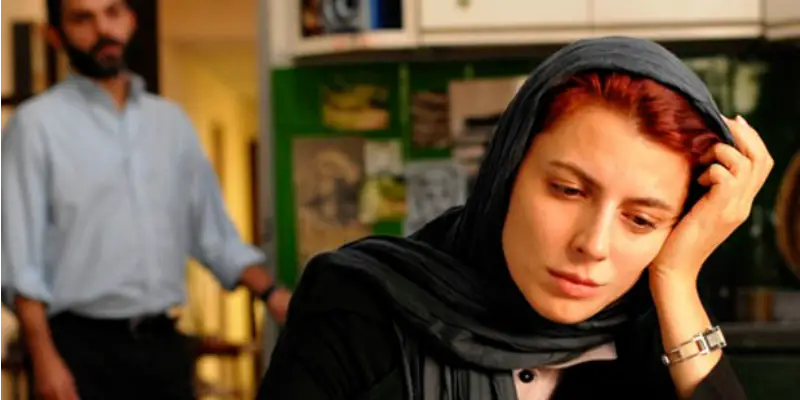
When we come across words like Arabic, Iranian, Palestinian, or any other Middle Eastern nationality, we immediately think of the difference in culture. Especially when it comes to women, we think of Islam’s (justified or not justified) reputation as an opponent of gender equality, an oppressor of women and the rule of men. This preconceived notion is slowly being challenged with a flood of films from the Middle East.

I recently had the pleasure of sitting down (via Skype) with director Deborah Kampmeier after a special preview screening of her newest film, SPLit. The film is premiering at the Sarasota Film Festival this year, so if you can go see it, get yourself down. Until you get the chance, check the trailer out here.
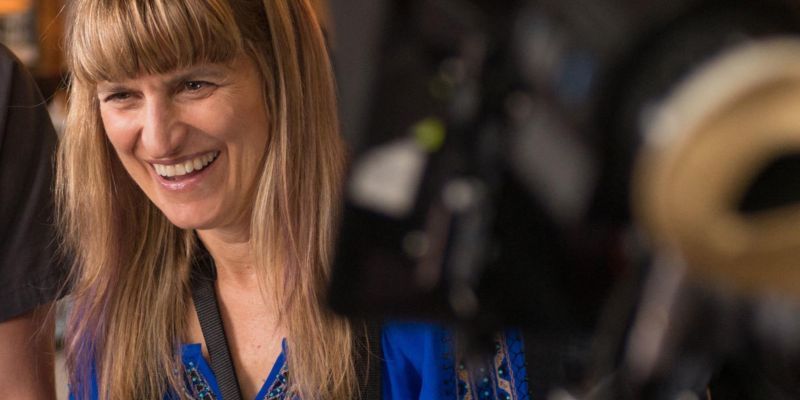
Catherine Hardwicke’s name may now be synonymous with a certain teen vampire movie, but her career has spanned a diverse and accomplished selection of films encompassing skateboarding SoCal teens, adolescent angst, fantasy action and moving comedy drama. Hardwicke is now also well-known for her work in raising the profile of both female filmmakers and highlighting the industry bias against them, an issue she has experienced first hand throughout her career and one on which she is not afraid to speak out. Whatever project she undertakes, her work is full of energy, vibrancy, and authenticity.
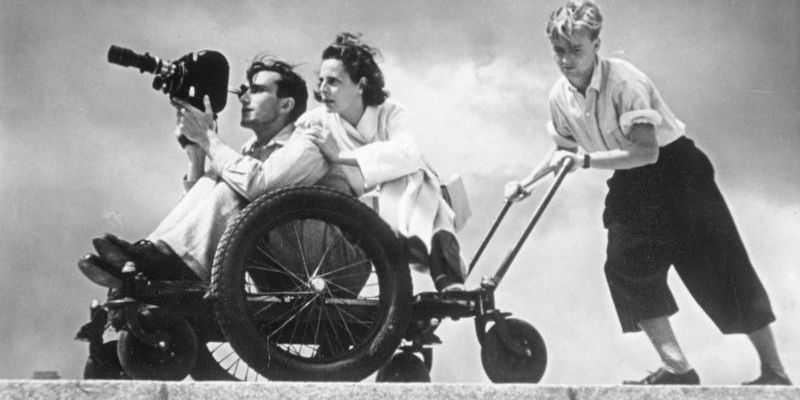
Some of you may have come across Helene “Leni” Riefenstahl, so I hope you’ll forgive the introduction for those who haven’t. Born in 1902 in Berlin, Germany, Riefenstahl defied gender norms and became one of the most successful documentary filmmakers of the 1930s. At a time when most industries, especially film, were dominated by men, Riefenstahl found herself not only directing films but developing new techniques which influenced cinema up to this very day.
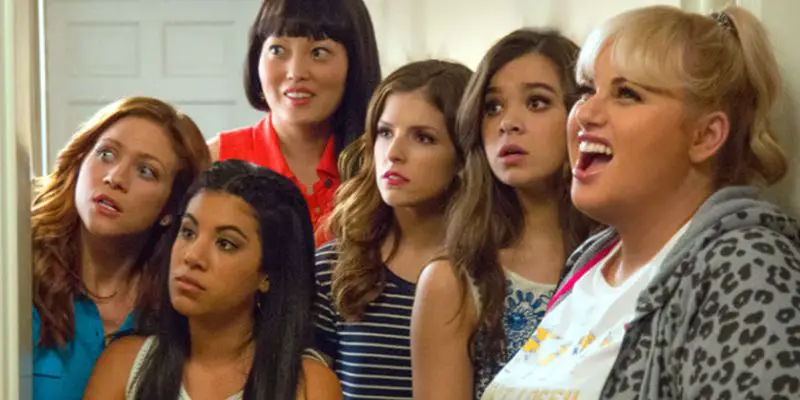
Lately, due to the #OscarsSoWhite,#OscarsSoMale and #AltOscarParty campaigns, a lot of attention is being paid to how The Academy, and Hollywood in a more general sense, fails to reward women and people of color for their work. It’s no longer just a group of angry Tweeters: The conversation is actually, finally reaching the mainstream, and more people than ever are paying attention to what is happening during awards season this year.
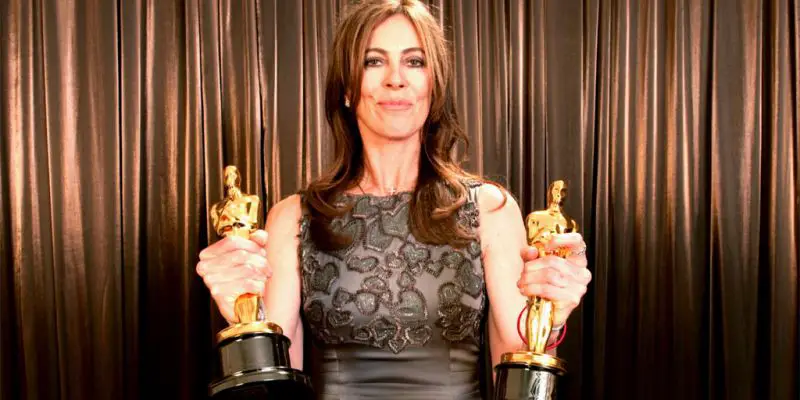
If people know one thing about Kathryn Bigelow, hopefully it is the fact that she became the first woman to win an Academy Award for directing The Hurt Locker. But the reality may be people know her because she directed Point Break or was married to director James Cameron. Most of her career, she has been pegged as a female action director, a label which diminished her influence and films.

At one point in Good Morning Karachi, a fashion photographer is vocal about the contemporary image of Pakistani femininity and culture he believes his photos represent. He claims that his company is the “women’s revolution the country has been waiting for” and that a simple fashion photoshoot can portray a more forward-thinking society to international citizens who portray Pakistan as a bunch of “fundamentalists”. Yet the views about femininity presented by director Sabiha Sumar in Good Morning Karachi are as confused as those presented by a photographer who believes photos of supermodels represents a realistic feminist ideal and aspiration in society.
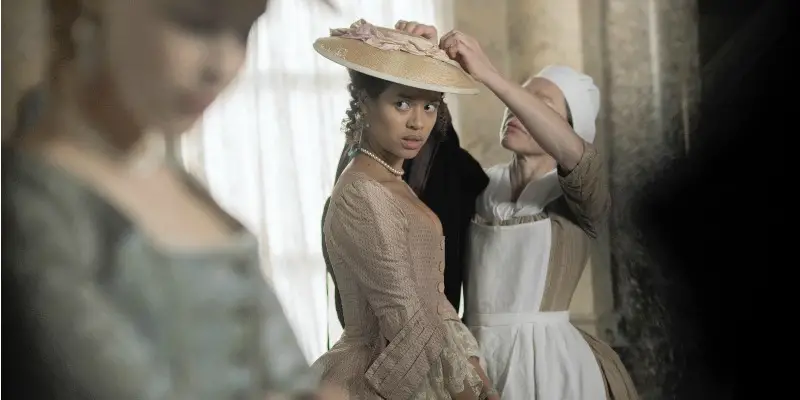
Last fall, Women in Film, a non-profit organization based in Los Angeles, launched a new advocacy campaign, 52 Films by Women. Although female directors make up a very low percentage of those directing top grossing films (6.8% in 2014) and only four have received Academy Award nominations for directing, there are many women creating films for us to watch and enjoy.
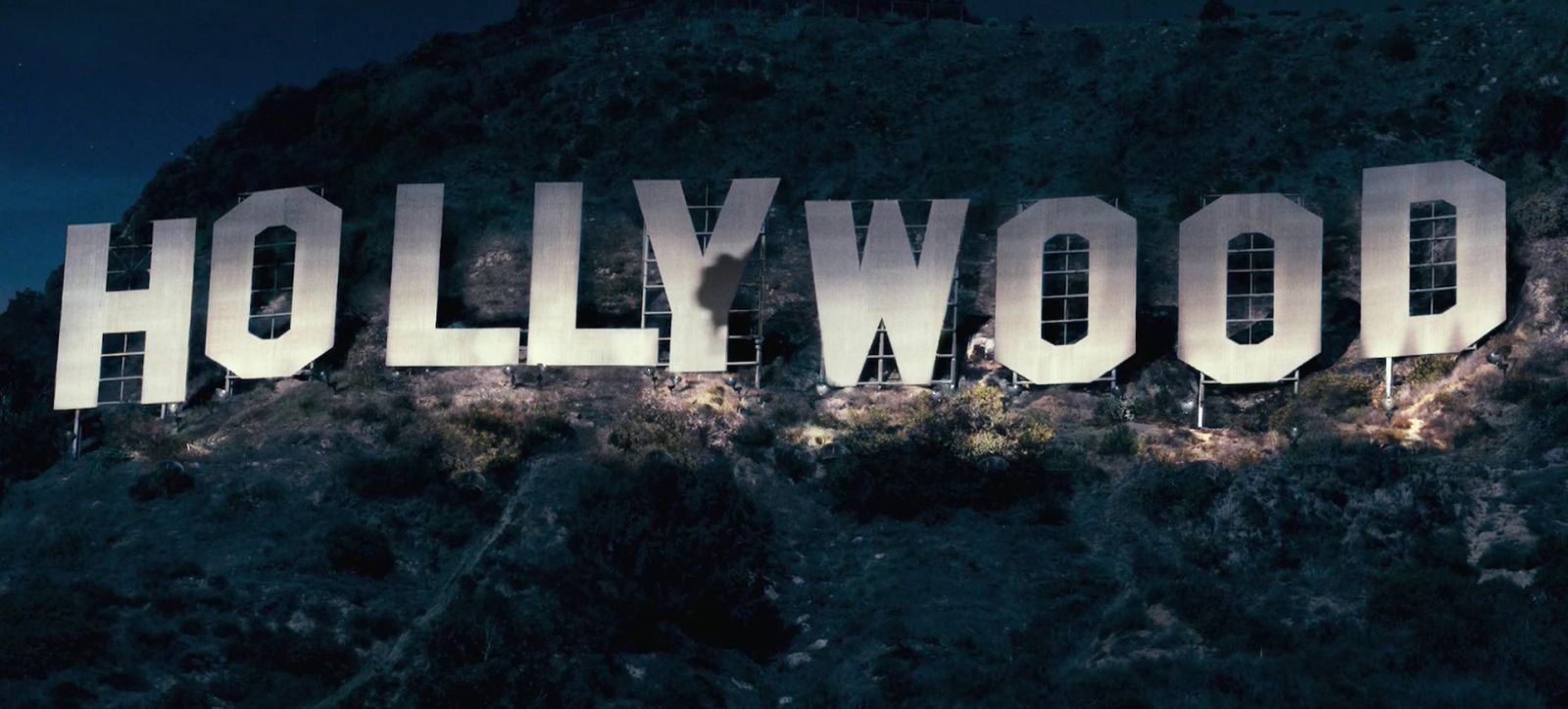
The revolution is here— We are in the midst of a global revolution for female empowerment and equality. This movement has been building for some years, and the new efforts for women directors have added great momentum to the cause. The campaign and ongoing support for women directors starting 2013 by the ACLU has now led to an industry-wide investigation.


